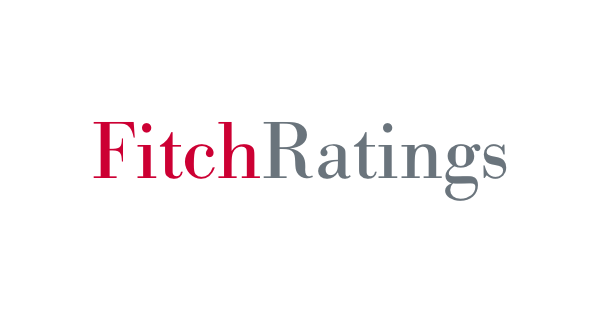KARACHI: In an article published in a national newspaper, the writer argues that Pakistan’s inflation could go as high as 14 per cent following the recent bouts of depreciation. The author of the article expects the only logical outcome to follow from the drastic rise would push the interest rates upwards to 15pc, and claims that the states projection comes from the International Monetary Fund (IMF).
The IMF’s official inflation estimate updated on its Pakistan page, peaks at 7.7pc during the current fiscal year and flattens out at 5pc by 2022. It also estimates the annual economic growth to fall as low as 3pc by the year 2022 without any sign of recovery.
Furthermore, the State Bank of Pakistan (SBP) in its last monetary policy announcement projected inflation to “fall in the forecast range of 6.5-7.5 per cent”. The revision is attributed to rising energy prices, increase in domestic gas prices, increase in regulatory duty on imports and the lagged impact for previous depreciations.
This trend of rising rates – inflation and interest – can be stalled, fixed and even reversed if the government decides to intervene and check the primary culprit to Pakistan’s economic woes: Imports. Pakistan’s trade deficit has been the primary cause of concern for the economy as it remains negatively skewed. Time and again, this problem of mismatch between import and export has come to haunt the economy of Pakistan has caused serious economic damages to the economy.
The previous government made significant inroads into pushing overall imports downward, but the rising international oil prices have offset any recovery. International oil prices have risen considerably during the last six months, forcing emerging economies to run a current account deficit.
The solution to this problem lies in curbing unnecessary imports in short-term, import substitution in medium-term and enhancing the capacity of local industry to meet domestic demands in the long-term.
Pakistan’s import portfolio includes excessive food imports from milk to pulses and other items which can be easily substituted by providing incentives to the local industry and expanding local production capacity.
Another problem that needs to be addressed in the medium term, is banning motor imports which have cost the economy significantly, and promoting local auto production. The government must also address the faults in production in the auto sector, and penalize companies who rely on imports for key production steps. This would help increase employment, production and decrease reliance on foreign imports.
The government needs to bring the entire nation on board and launch a campaign to promote use of local products. It can also do away with unnecessary imports in the agriculture sector, or offset those by exports to Afghanistan and landlocked central Asian republics.
Copyright Mettis Link News
23657







